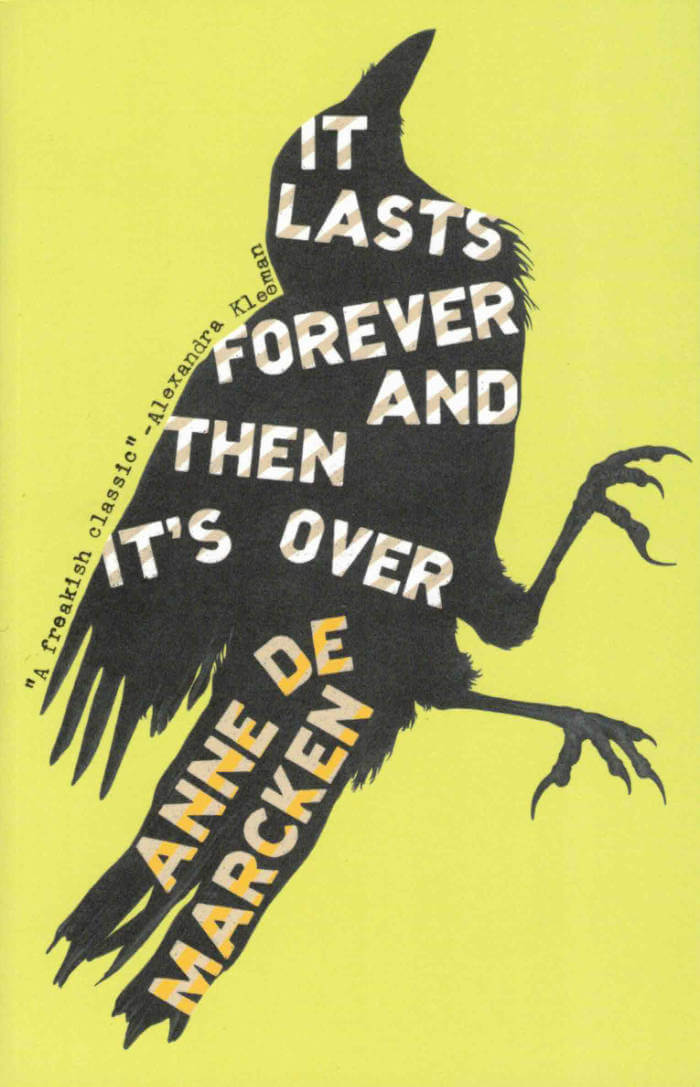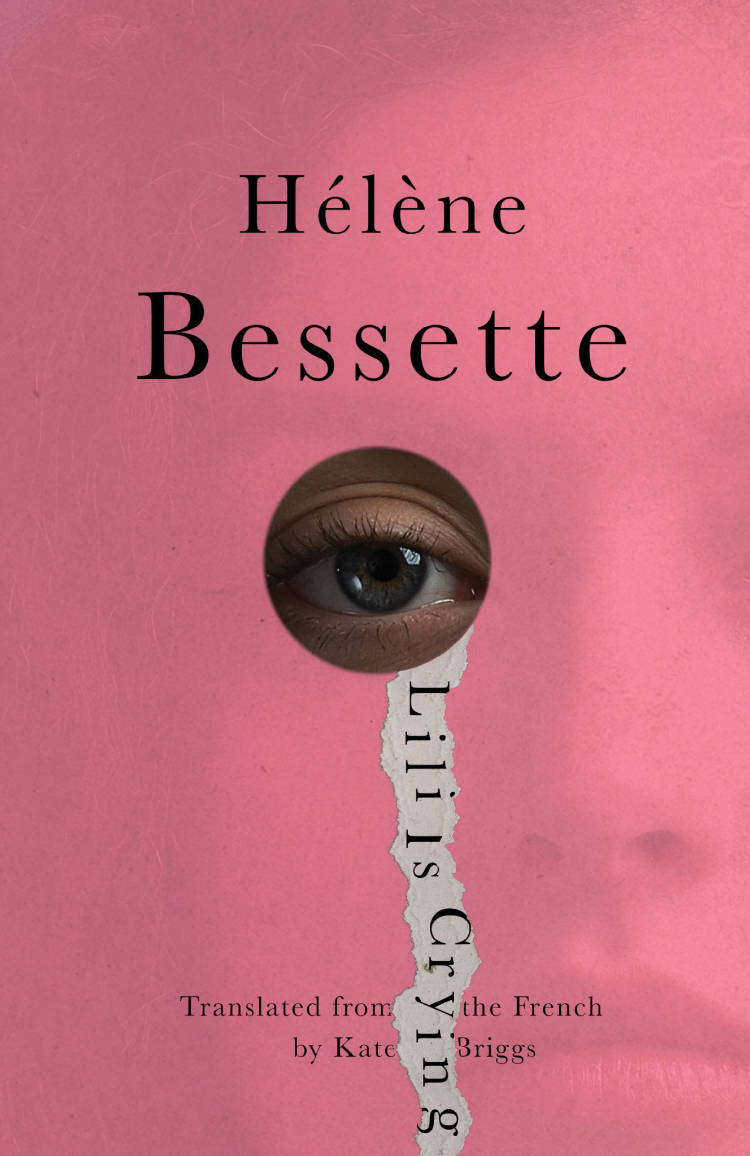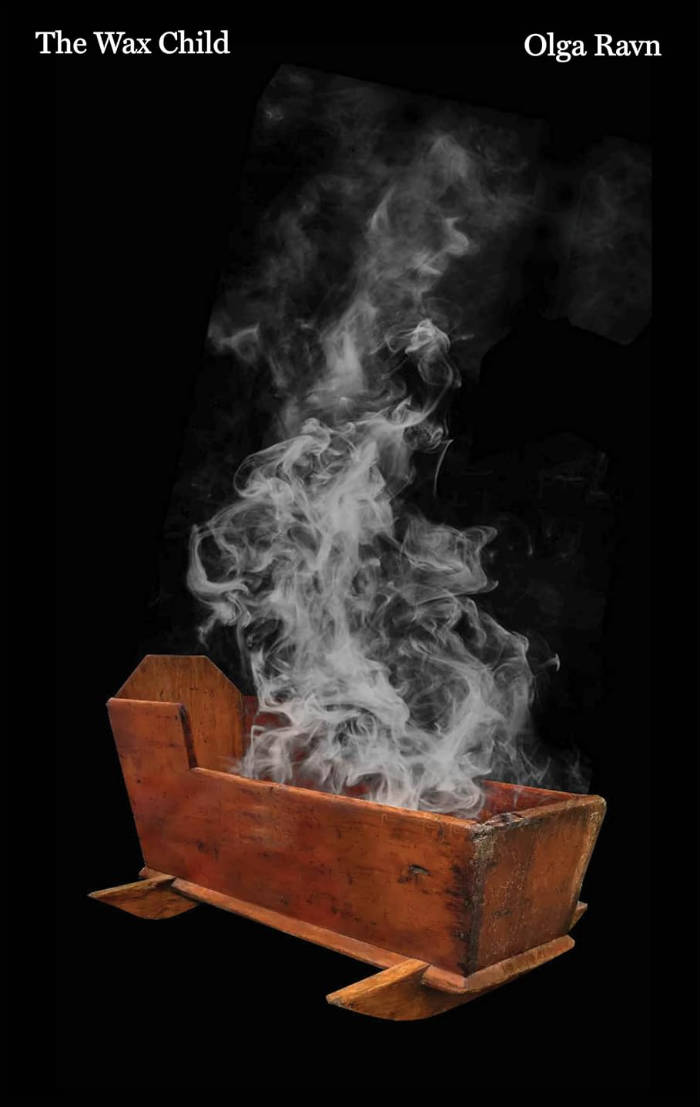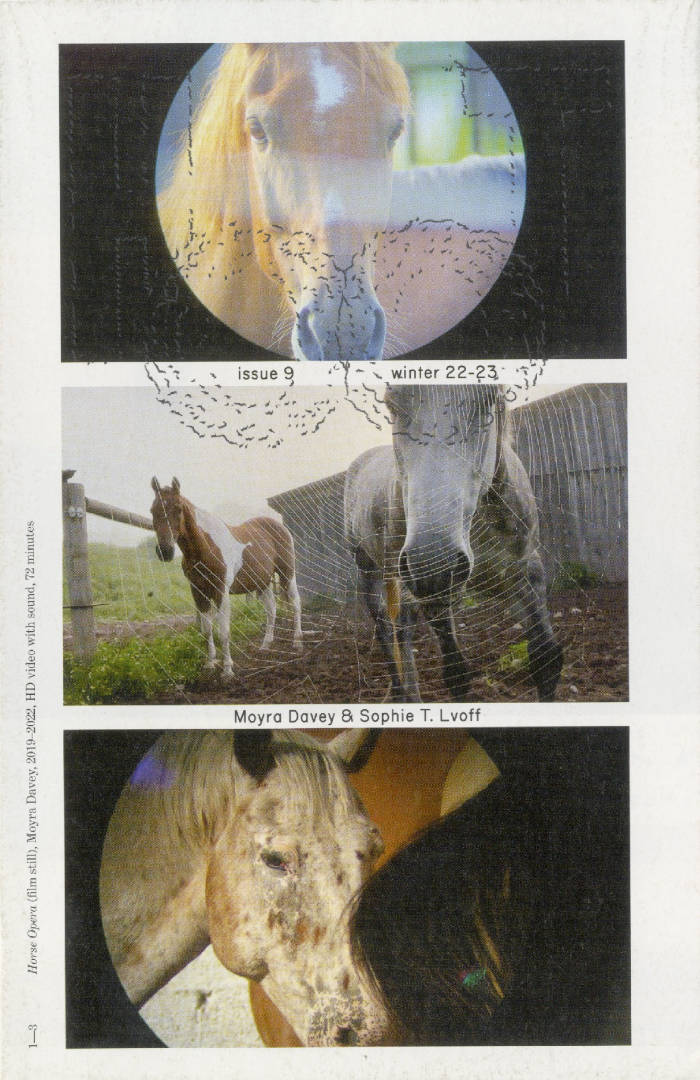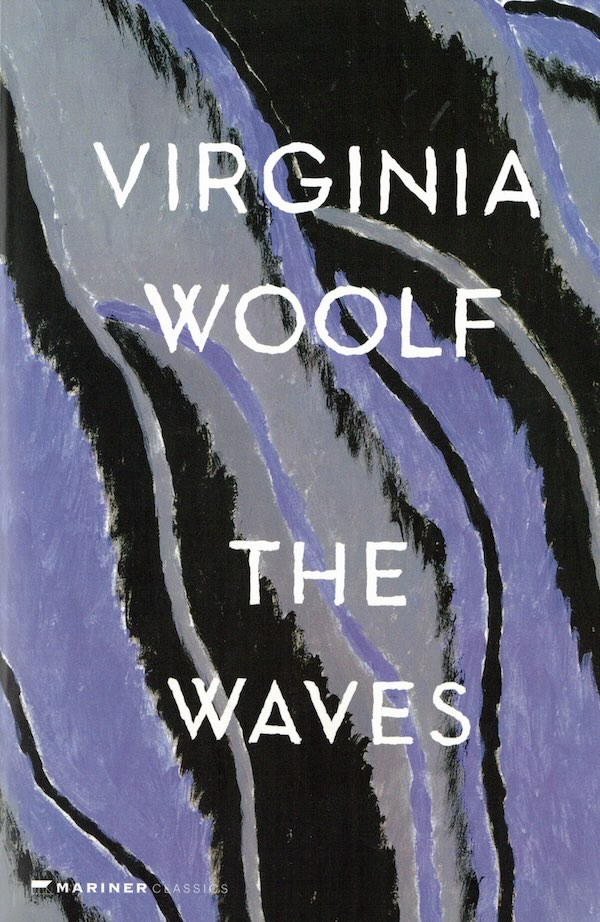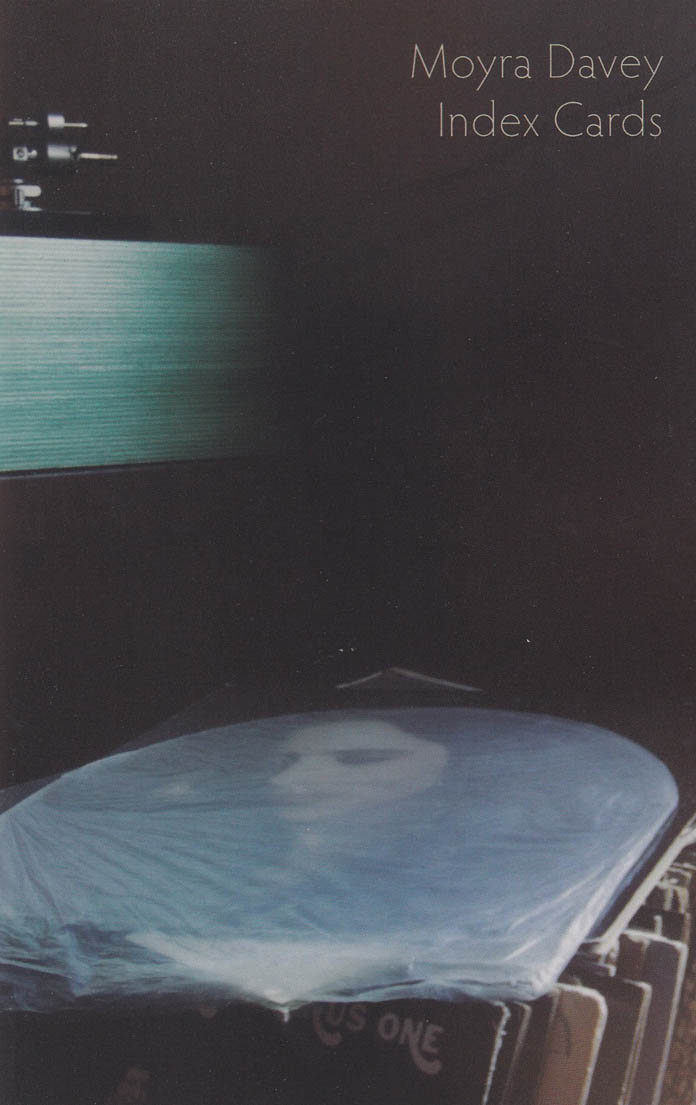
Index Cards: Selected Essays
In these essays, the acclaimed artist, photographer, writer, and filmmaker Moyra Davey often begins with a daily encounter, with a photograph, a memory, or a passage from a book, and links that subject to others, drawing fascinating and unlikely connections, until you can almost feel the texture of her thinking.
While thinking and writing, she weaves together disparate writers and artists, Mary Wollstonecraft, Jean Genet, Virginia Woolf, Janet Malcolm, Chantal Akerman, and Roland Barthes, among many others, in a way that is both elliptical and direct, clearheaded and personal, prismatic and self-examining, layering narratives to reveal the thorny but nourishing relationship between art and life.
Published May 2020.

